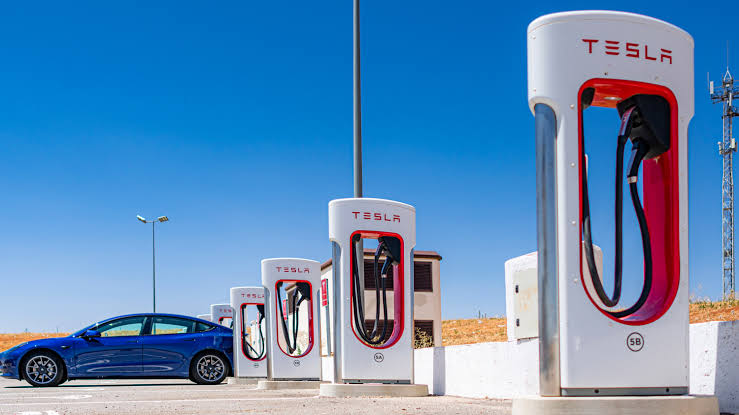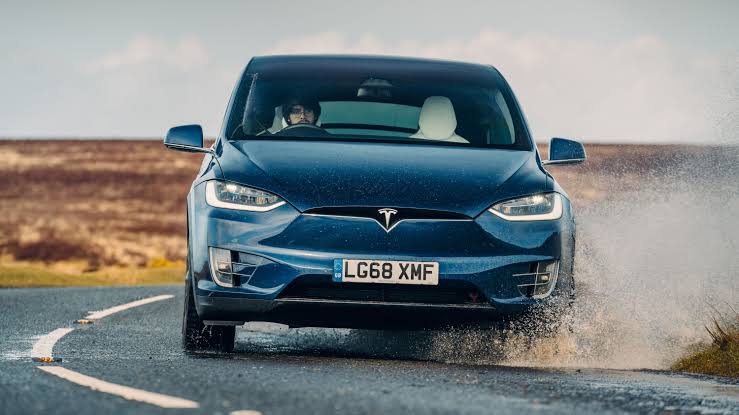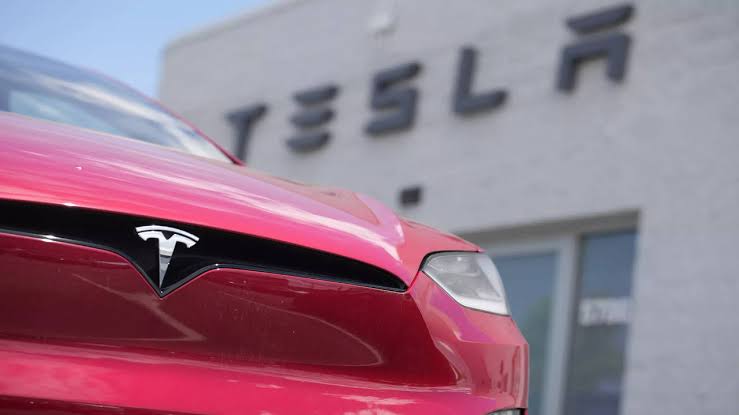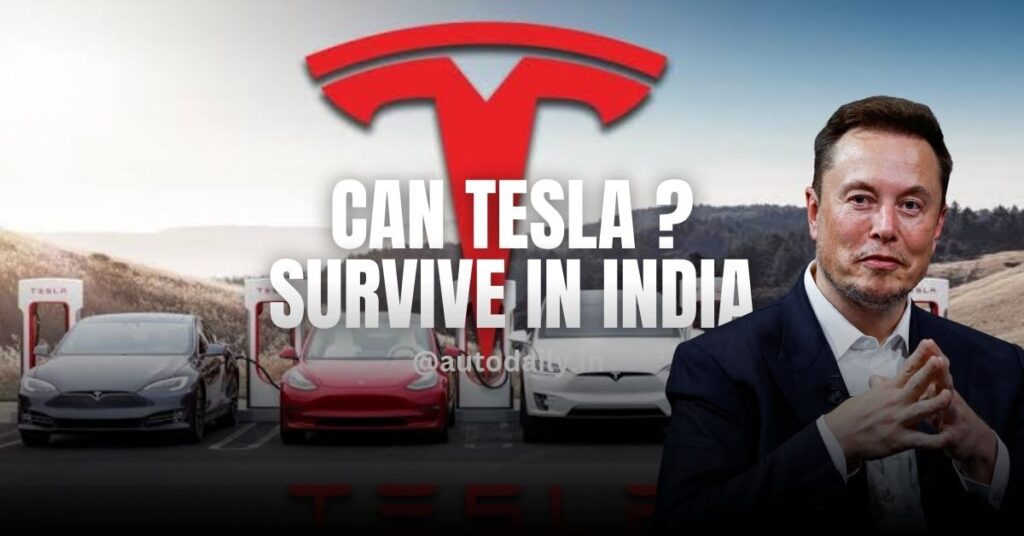What Problems Tesla Will Face In India?
India is one of the biggest automobile market in India. In recent years the Electric vehicle (EV) hype has reached a rapid pace. Major players like Tesla spearheading the transition to a sustainable automotive future. India offers a tempting yet difficult market for electric cars due to its growing population and rising urbanization. Even though Tesla has a lot of room to develop, navigating the complex automotive landscape of India presents several challenges. One major issue remains as Tesla looks to grow internationally: Can Tesla survive in India? Here are the top challenges that Tesla will face to thrive in Indian Market.
People Also Read : How Tesla Is Using Artificial Intelligence?
Challenge 1 : Charging Infrastructure

One of the critical challenges facing Tesla’s entry into the Indian market is the state of charging infrastructure. While the Indian government has shown commitment to promoting electric vehicles through various incentives and policies, the charging infrastructure remains underdeveloped compared to other countries. Tesla’s success hinges on its ability to address this infrastructure gap effectively. The company would need to invest significantly in establishing a robust network of charging stations across major cities and highways to alleviate range anxiety among potential customers. Collaborations with local governments, businesses, and energy companies could expedite the expansion of charging infrastructure. Furthermore, Tesla could explore innovative solutions such as fast-charging stations and battery swapping stations to enhance convenience and accessibility for Indian consumers. By strategically addressing the charging infrastructure challenge, Tesla can bolster consumer confidence and accelerate the adoption of electric vehicles in India.
Challenge 2 : Price of Tesla Cars

Another factor that could impact Tesla’s prospects in India is the price of its cars. Tesla is known for its high-end electric vehicles with premium features and performance capabilities, which may pose affordability challenges for many Indian consumers. Import duties, taxes, and logistical costs further contribute to the premium pricing of Tesla cars in the Indian market. To enhance affordability and competitiveness, Tesla may need to explore strategies such as local manufacturing, component sourcing, and pricing optimization. Setting up local production facilities would not only reduce import costs but also enable Tesla to qualify for government incentives and lower the overall price of its vehicles. Additionally, introducing entry-level models or leasing options could broaden Tesla’s customer base and appeal to price-sensitive segments of the Indian market. By addressing pricing concerns and offering competitive pricing strategies, Tesla can enhance its market penetration and drive demand for its electric vehicles in India.
Challenge 3 : Rules Are Different Here
Tesla’s expansion into India is further complicated by the country’s unique regulatory environment and bureaucratic hurdles. India has stringent regulations governing the automotive industry, including homologation requirements, safety standards, and emission norms. Tesla would need to navigate these regulations effectively to ensure compliance and secure necessary approvals for its vehicles. Additionally, the Indian government has been promoting the “Make in India” initiative, which encourages domestic manufacturing and job creation. Tesla may face pressure to localize production and invest in local manufacturing operations to align with government objectives and qualify for incentives. Furthermore, cultural and market nuances in India may necessitate tailored marketing strategies, customer engagement approaches, and after-sales services. By understanding and adapting to the local regulatory landscape and business practices, Tesla can establish a strong foothold in the Indian market and overcome regulatory challenges effectively.
Tesla’s Reputation

Tesla’s reputation as a pioneer in electric vehicles and sustainable energy solutions precedes its entry into any market. The brand is synonymous with innovation, cutting-edge technology, and forward-thinking design. In India, where environmental concerns are gaining prominence, Tesla’s reputation for producing zero-emission vehicles could work in its favor. The allure of owning a Tesla could attract environmentally conscious consumers and tech enthusiasts alike. However, Tesla’s reputation also comes with high expectations for quality, reliability, and service. Any missteps or shortcomings could tarnish its reputation and hinder its success in India. Therefore, maintaining and enhancing Tesla’s brand image through superior product offerings, exceptional customer service, and transparent communication will be crucial for its long-term success in the Indian market.
Benefits To India
Tesla’s entry into India could bring several benefits to the country. Firstly, it could catalyze the growth of the electric vehicle ecosystem by stimulating demand, encouraging investment in charging infrastructure, and fostering innovation in the automotive sector. Additionally, Tesla’s presence could create employment opportunities across various sectors, including manufacturing, research and development, and service centers. The localization of production could further boost India’s economy by generating revenue, reducing import dependency, and contributing to the government’s Make in India initiative. Moreover, Tesla’s advanced technology and engineering expertise could facilitate knowledge transfer and skill development, thereby enhancing India’s capabilities in the electric vehicle industry. Overall, Tesla’s entry into India has the potential to drive economic growth, technological advancement, and environmental sustainability, positioning the country as a key player in the global electric vehicle market.
Final Verdict
In conclusion, The question of whether Tesla can survive in India ultimately hinges on its ability to navigate and overcome the various challenges discussed earlier while leveraging its strengths to capitalize on the opportunities presented by the Indian market. Despite the obstacles, Tesla’s brand appeal, technological prowess, and commitment to sustainability give it a strong foundation for success. By strategically addressing infrastructure limitations, pricing barriers, regulatory complexities, and localization requirements, Tesla can position itself as a frontrunner in India’s evolving electric vehicle landscape. Moreover, the potential benefits Tesla brings to India, including economic growth, job creation, and technological advancement, underscore its significance as a transformative force in the country’s automotive industry. While the road ahead may be challenging, Tesla’s bold vision and relentless innovation make it well-equipped to thrive in the dynamic and promising Indian market. As such, with the right strategy, execution, and adaptation to local dynamics, Tesla has the potential to not only survive but also thrive in India, shaping the future of mobility and sustainability in the country.
Join Us : WhatsApp Channel
FAQs
Addressing concerns about the existing infrastructure and how Tesla intends to establish charging networks across the country.
Discussing the regulatory landscape in India and how it might impact Tesla’s entry and operation in the country.
Exploring potential modifications or adaptations Tesla might make to its vehicles to cater to the needs and preferences of Indian consumers.
Delving into Tesla’s plans for local manufacturing, including the establishment of factories and sourcing of components.
Analyzing Tesla’s competitive strategy and how it aims to carve out a niche in a market dominated by traditional automakers.
Discussing the potential economic, environmental, and social impacts of Tesla’s presence in India.
Exploring Tesla’s pricing strategy and efforts to make its products more accessible to a broader range of Indian consumers.
Highlighting Tesla’s efforts to promote renewable energy and sustainability alongside its vehicle offerings.
Addressing concerns about servicing and maintenance of Tesla vehicles in a market where the company’s presence might be relatively limited initially.
Discussing the broader implications for the Indian automotive industry, the adoption of electric vehicles, and Tesla’s global expansion strategy based on its performance in India.

